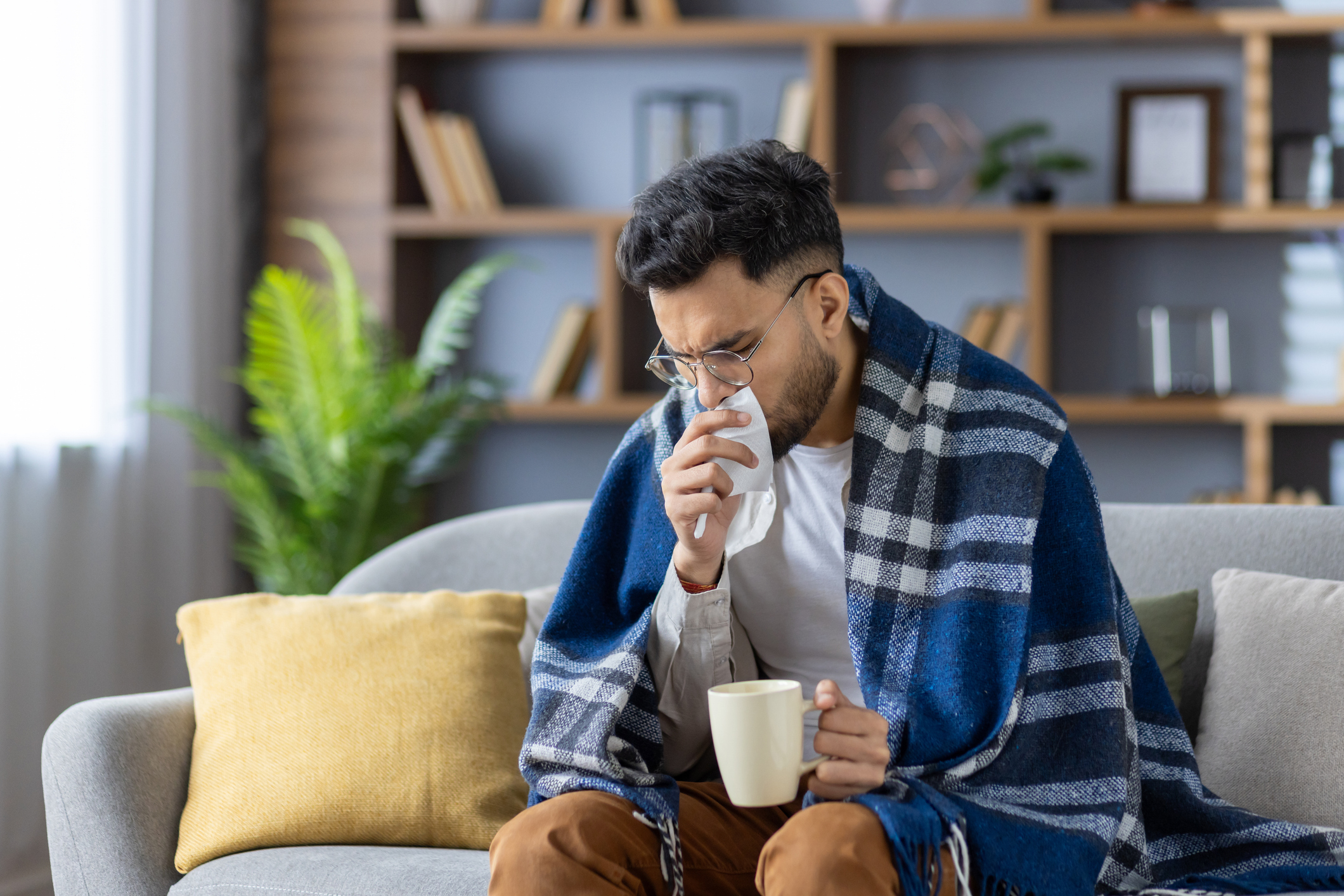If you spend much time outdoors in the summer, you’ll probably agree that two of the most common sounds you hear are a little buzz in your ear followed by a SLAP! – usually on an arm or leg. Yes, summer also means mosquitoes and, depending on the year and where you live, they can be bad or worse than usual, but are hardly ever non-existent.
What are common mosquito habits and habitats?
Mosquitoes are members of the fly family of insects – big enough to be seen by the naked eye. There are thousands of different species of mosquito; about 200 of them live in the US. Males live only about a week or ten days, but females can live for a month or more. Although both feed on water and plant nectar, females also require blood in their diet in order to reproduce.
Mosquitoes bite during the day or night, live indoors and outdoors, and like warm temperatures. Their favorite breeding ground is areas of standing water – large or small – including birdbaths, clogged rain gutters, storm drains, pools, ponds, or any other body of water that is not flowing.
How do they bite and what do the bites look like?
Female mosquitoes have long, tubular mouthparts that allow them to puncture your skin and feed on your blood. When they bite, their saliva is injected into your body and a tiny amount of blood is withdrawn through these mouthparts. Most people are allergic to the proteins in their saliva, causing the telltale red bump and accompanying itch of a mosquito bite. Children may react more strongly than adults.
And yes, some people are more “prone” to be a victim than others. Mosquitoes choose their human victims based on the scent of carbon dioxide and other chemicals in your perspiration.
How should I treat a mosquito bite?
Most of the time, the small bump and “itchiness” reaction is quite mild and goes away within a few days. Home remedies include washing with soap and water and using pain relievers, antihistamines, or topical anti-itch medications to alleviate pain and itching. Use of an ice pack can also relieve itching without medication. Do your best not to scratch!
Bites can be more bothersome for children and people with impaired immune systems. In rare cases, you may experience a more severe allergic reaction including a large patch of redness or swelling, hives, or swollen lymph nodes that causes body aches, headache, and fever. If any of these symptoms develop, contact your doctor.
What diseases do they carry?
Because mosquitoes can carry bacteria, viruses, and parasites in their saliva, they can transmit diseases when they bite. Various types of mosquitos are known to be carriers of malaria, West Nile virus, Zika virus, chikungunya, dengue fever, yellow fever, and several viruses which cause encephalitis. Some of these diseases can be serious, many do not have any treatment, and only a few have vaccines to prevent against them.
Can I prevent mosquito bites?
Although it’s nearly impossible to keep from being bitten, you can lower the chances with a few simple steps.
- Remove or avoid areas where they breed. Empty children’s wading pools when not in use, change the water in birdbaths frequently, and empty anything that holds stagnant water.
- Keep the grass and other vegetation near your home well-trimmed.
- Try to keep them outside! Make sure your windows and doors have screens if they are opened.
- When outside in grassy or wooded areas, wear long pants and long sleeves. However, mosquitoes can bite through thin fabric, so you might want to spray clothing as well.
- Use insect repellant. Choose an Environmental Protection Agency (EPA)-registered insect repellent. Make sure that the repellant has one of these ingredients: DEET, picaridin, IR3535, oil of lemon eucalyptus, or para-menthane-diol. Always follow the instructions on the label, especially when using on children. When used as directed, EPA-registered insect repellants are proven safe and effective, even for pregnant and breast-feeding women.
- If you plan to travel to areas where mosquito-born illnesses such as malaria are more common, talk to your doctor about immunizations.
Mosquito bites are annoying, but they usually don’t require a visit to a healthcare provider. If you do experience any symptoms of an allergic reaction resulting from a bite, be sure to call or come in to one our locations. Our Integrity Urgent Care family wishes yours a safe, happy, and bug-free summer!
Resources:
Pietrangelo A (reviewed by Rogers G). Mosquito bite symptoms and treatments. Healthline Media [online]. Reviewed 7 Jul 2016 [accessed 11 Jun 2019]. https://www.healthline.com/health/mosquito-bites#diseases. National Center for Emerging, Zoonotic, and Infectious Diseases, Division of Vector-Borne Diseases. Prevent mosquito bites. Centers for Disease Control and Prevention [online]. Last reviewed 22 Apr 2019 [accessed 12 Jun 2019].. National Library of Medicine. Mosquito bites. MedlinePlus.gov [online]. Last updated 27 Feb 2019 [accessed 12 Jun 2019]. https://medlineplus.gov/mosquitobites.html



